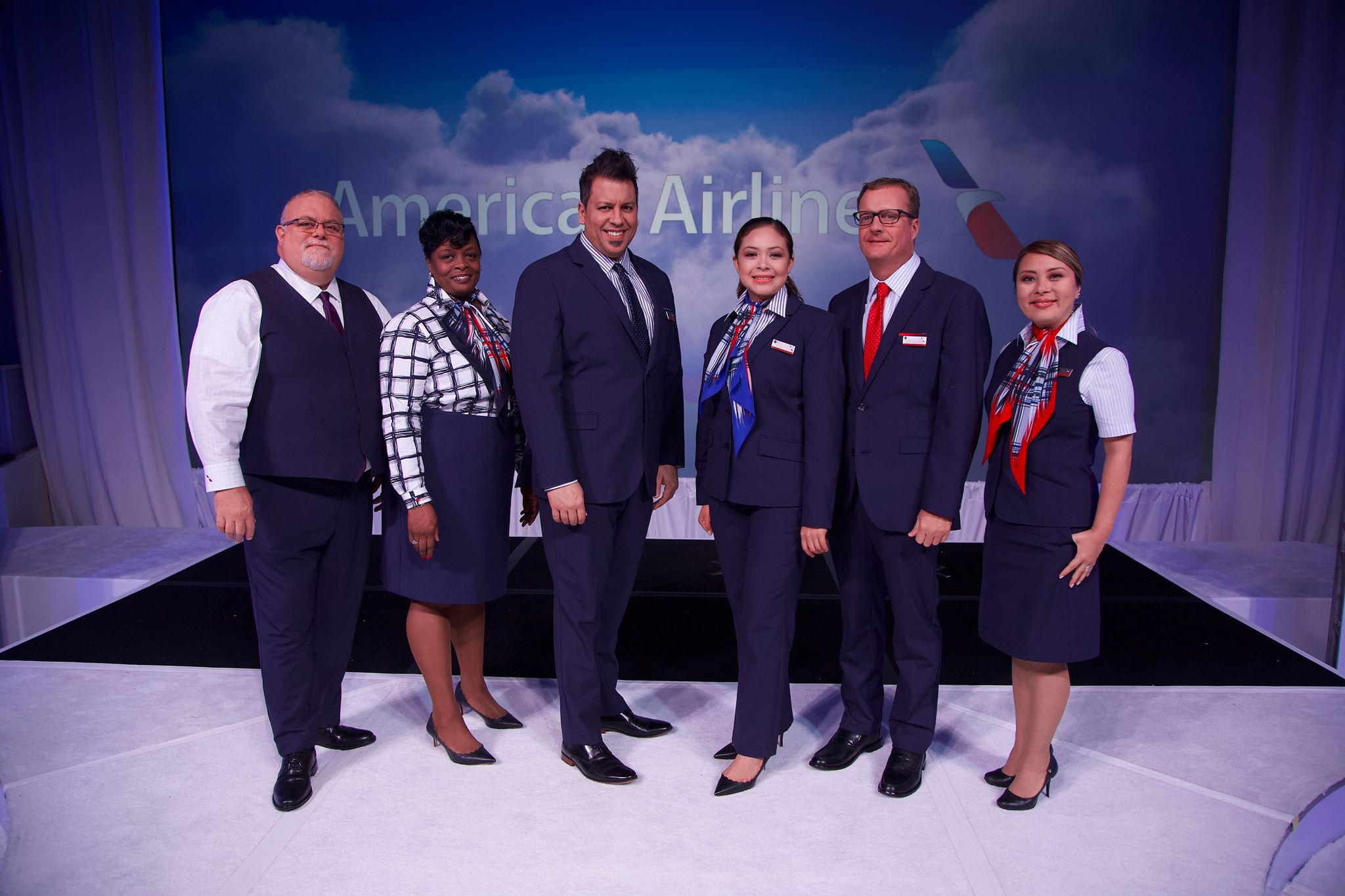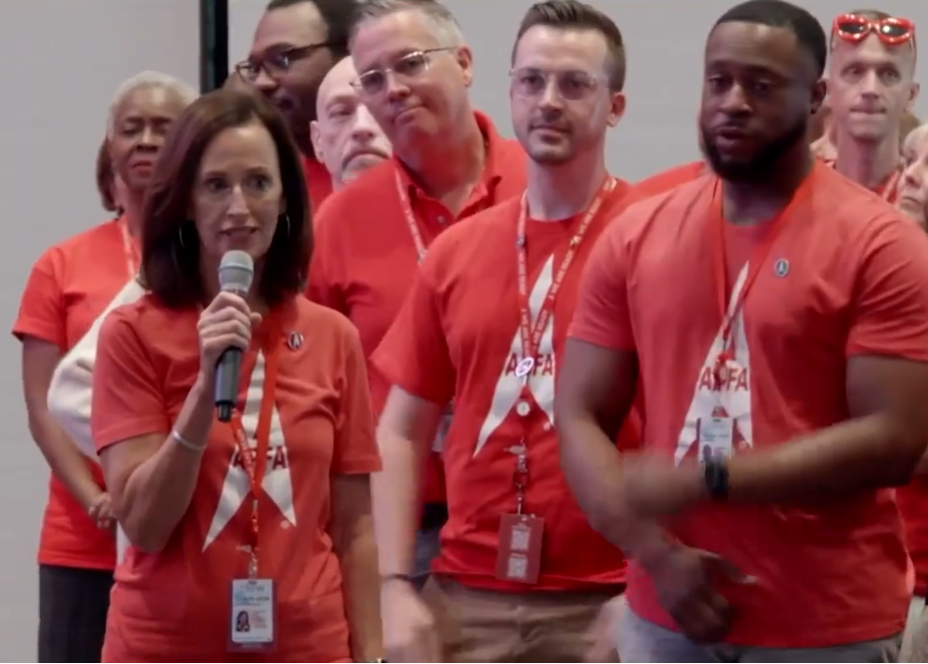Formal charges have been filed by one of the American Airlines flight attendant base Presidents against their union President, Julie Hedrick.
These “Article VII Charges” allege ‘willful violation’ of the union’s constitution including improper use of union funds for personal enrichment. This includes the allegation of having the union lease her an apartment without first certifying that she lived outside the area (the union can lease apartments for its officers to stay at in Dallas only if their primary residence is elsewhere).

Discontent within the American Airlines flight attendant union comes at a time when Ms. Hedrick and other officers are seeking changes to their constitution, including over how they can manage its finances – and continue a long string of frustrations that members have had over how their union is run.
One former APFA union head was previously found to have improperly taken dues for personal use although he continues to dispute the claim, arguing instead that the allegations were motivated by those seeking to have American flight attendants disband their independent union and join Sara Nelson’s AFA-CWA.

The union has had a long history of weakness and failing to serve its member interests.
- From the time of the US Airways management takeover, when former CEO Doug Parker needed labor support and their leverage was greatest, they simply agreed to binding arbitration to get a contract done – failing to address many of the issues about which they had an opportunity to gain concessions. The union’s President at the time, a cousin of the US Airways treasurer, was accused by many of selling out members to management.
- Julie Hedrick was elected to be more confrontational with management yet never once criticized the largest flight attendant furlough of any airline in history, while Delta and Southwest weren’t furloughing anyone.
- Widebody staffing was never made an issue in contract negotiations. American reduced flight attendant staffing on widebody aircraft during the pandemic where there was less service to provide to fewer passengers, but never restored staffing levels (and is even asking the FAA to allow further reduced staffing as an option on Boeing 787-9 aircraft). The union did not seek to bargain over staffing levels in its latest contract.
- The union was never put in a financial position to withstand a strike if it were necessary. They’re now seeking not just dues increases from their members, but future automatic dues increases as well. A well-run union might put those dues to good use, but many flight attendants question whether the increased out of pocket cost to them will be worth it given their union’s history.

The problems at American Airlines are the fault of management, not this union. And while I often say that if I were a Delta flight attendant I wouldn’t vote to unionize, with this management at American I’d be reluctant to go without a union. Yet there’s tremendous dissention within the ranks of cabin crew, who feel like their union leadership hasn’t done a good job looking out for their interests.
For instance, one the one hand the new contract effectively creates new B-scale work rules for new hires in order to provide preferred schedules for veteran flight attendants, while failing to keep up with future raises at United and Delta, and locking flight attendants into the new wage structure for years after the end of their contract.

The new contract was passed by flight attendants eager for their first raise in five years after seeing the value of wages eroded by inflation, but fell far short of what they were told was being bargained for (with a compromise being struck only after current union officers locked in re-election).
